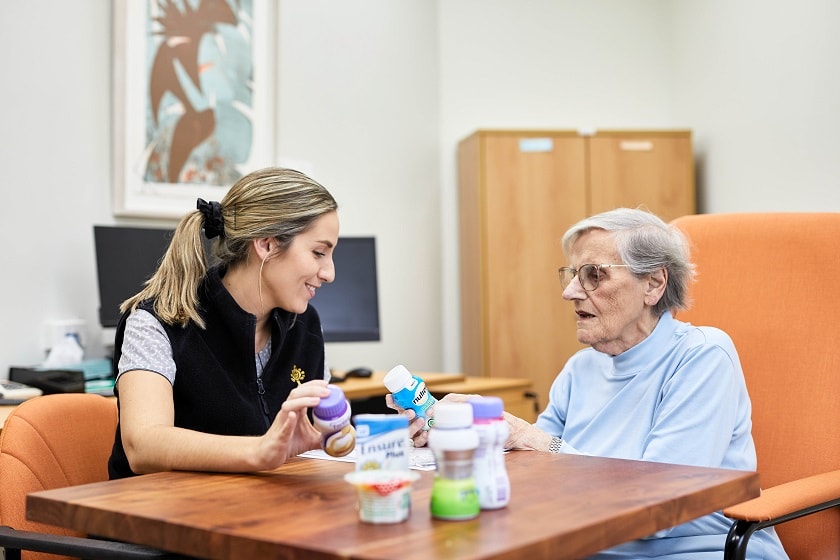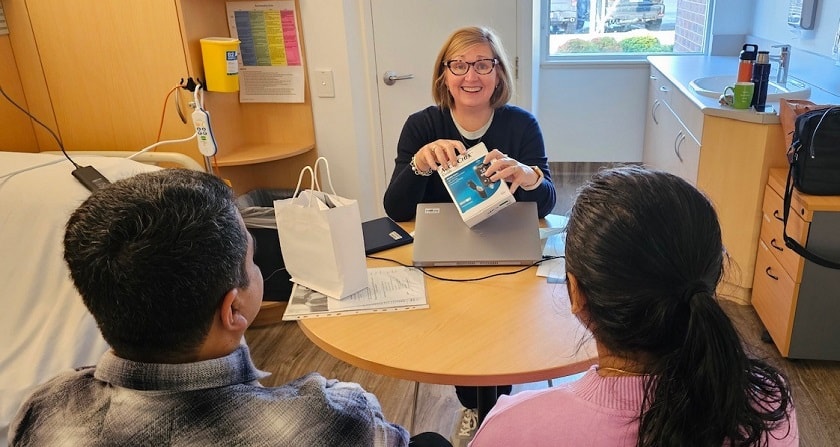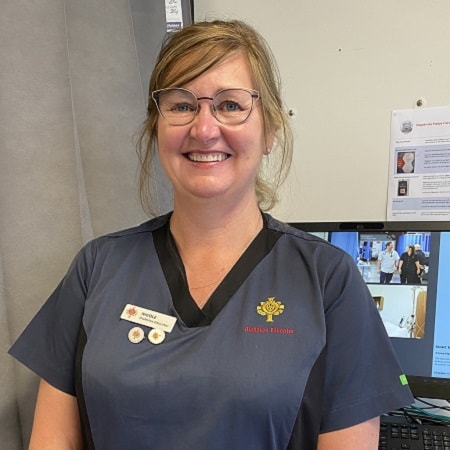Malnutrition is estimated to effect approximately 35-43% of hospitalised patients in Australia and the prevalence of malnutrition across residential aged care facilities ranges between 32-72%.
Potential causes of malnutrition
- Reduced ability to access food, social isolation, loneliness, poor eating environment, financial constraint
- Reduced ability to prepare foods & self-feed, poor vision
- Difficulty chewing & swallowing food, sensory changes (reduced sense of taste and/or smell)
- Poor appetite/dysregulation of thirst, dementia
- Depression/anxiety
Implications of malnutrition
- Increased length of stay
- Increased risk of infection
- Poor immune function
- Reduced wound healing and increased risk of pressure injuries
- Loss of strength, functional decline and poor endurance
- Muscle weakness and increased risk of falls and fractures
- Prolonged hospitalisation stay
- Increased health care costs
- Reduced quality of life
- Increased risk of mortality
What can YOU do? Signs to look out for…
- Unintentional weight loss or signs of fat and/or muscle wasting
- Reported reduced/poor appetite
- Ordering less food or eating less of the meals
- Swallowing problems
- Dentures not fitting properly
- Clothes or jewellery fitting looser
- New medications impacting food intake or appetite
Nutrition intervention/treatment in hospital may include:
- high protein high energy diet
- nourishing snacks
- oral nutrition supplements
- meal assistance
- assistance filling out the menu
- enteral feeding
- nutrition education
If you identify any of these signs in yourself or a loved one or would like further information, speak to your health care provider or seek a referral to a Dietitian.








